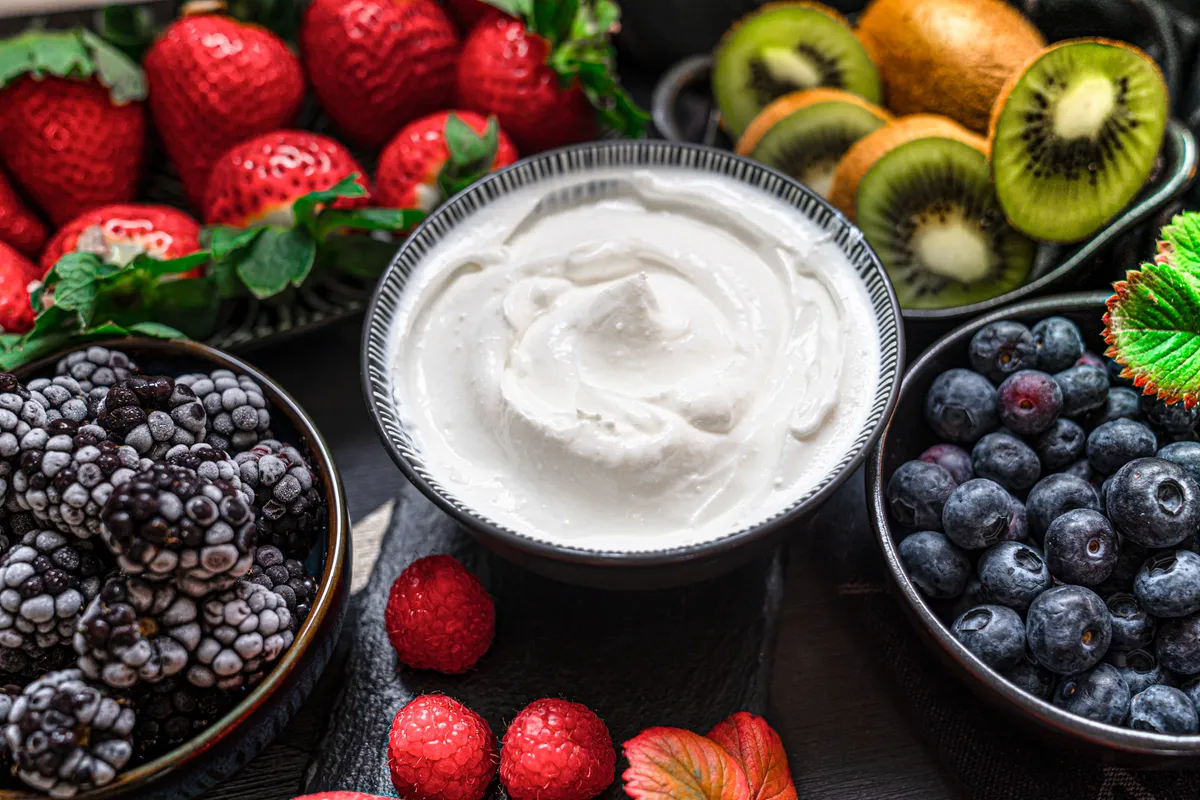Let’s start with a fact check – gluten is the parent name for a group of proteins found in the cereal grains wheat, rye and barley.
For athletes needing a gluten-free diet, getting enough carbohydrate to optimise training and performance can feel like a challenge, because many carbohydrate-rich foods (like breakfast cereal, pasta and bread) are made from those gluten-containing grains.
How can you get enough carbs in your diet?
So, how can you get enough? Carbohydrate needs vary with training volume, but as a rule of thumb you’ll want a decent portion of carbohydrate with each meal and snack, and to consume 30-60 grams of carbs an hour during training sessions lasting over 60 minutes.
Start by making the most of naturally gluten-free (GF) carbs as these are cheap and plentiful – rice, potatoes, corn and quinoa are GF and an ideal base for main meals, so keep these in your kitchen. For quick meals, think corn tortillas, ready-to-eat rice packs and potatoes, which are easy to microwave. Coeliac UK has a helpful GF checklist if you’re unsure.
Swap your staples for gluten-free alternatives
Any gluten-containing staples (like breakfast cereal and bread) can be swapped for GF alternatives - most supermarkets sell GF breads, pasta, crumpets, wraps and cereals, which are all good sources of carbohydrate. Oats are usually produced alongside gluten-containing cereals, so you’ll need to choose the GF oats.
Good choices for snacks include bananas, dried fruit bars or GF cereal bars, GF wraps, or GF toast with honey or jam. Most sports supplement brands have a GF range, which includes gels and drinks, but check the labels.
Don’t forget that fruit, vegetables, milk and yoghurt are naturally GF, too. These only contain small amounts of carbohydrates, but they can contribute to your overall intake.

Example gluten-free high-carb menu
Breakfast: Gluten-free oats with banana and honey
Snack: Chocolate milk
Lunch: Large baked potato with beans, cheese and salad; glass of OJ
Snack: Peanut butter and jam sandwich on gluten-free bread
Dinner: Risotto with peas and prawns; yoghurt and fruit
Images: Getty Images
